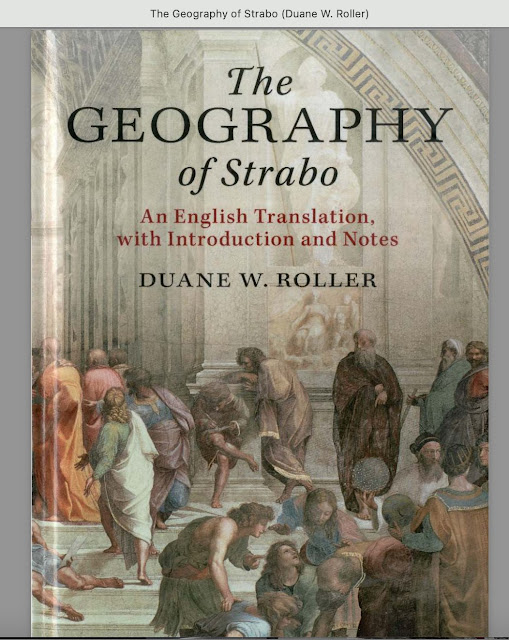 |
| Strabo the Geography |
*
There was a Pelasgian ruler called Πύλαιος/ Pylaios (Pylai-OS) whom Strabo mentions.
It sounded Turkish very quickly in my ears.
*
There is a Bulay Han in the Stories of Dede Korkut, a Turkish story teller who told stories about Old Türks.
*
Another Türk-origined BULAY here:
"Kara Bulay, khan of the Pecheneg (Türk-origined people) tribe "Csoban" from the Don region, around the year 950. " Here Bulay could have been maybe a spring/well (like an Old Türkic word bulag).
I have found this name in a Romanian newspaper:
Link: Kara Bulay in Romania
*
Pylaios/Pulayos without the Greek suffix -OS at the end could have been Türkic Bulay/Pulay (B ~ P change is no problem in Türk languages). Like we have seen above there Bulay could be easily a Türkic name.
*
There was even a town in China's Türk region called BULAYIQ!
Link: BULAYIQ
*
Pelasgians were not Hellenes and this name and its parallels to Türk history prove the possible origin of these!
Pelasgians were -at least partly- of Türk origin!
*
Uzunbacak Adem






























